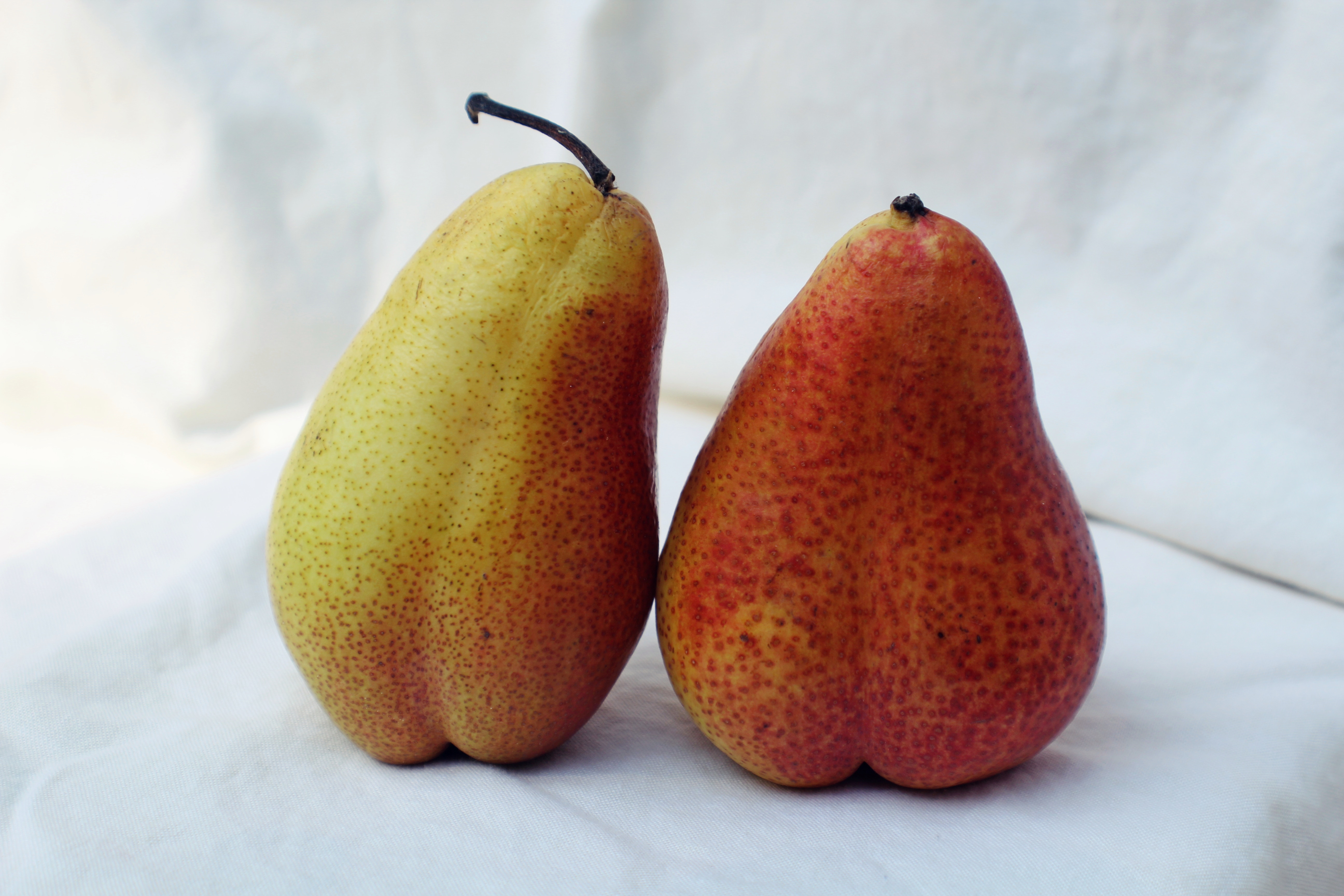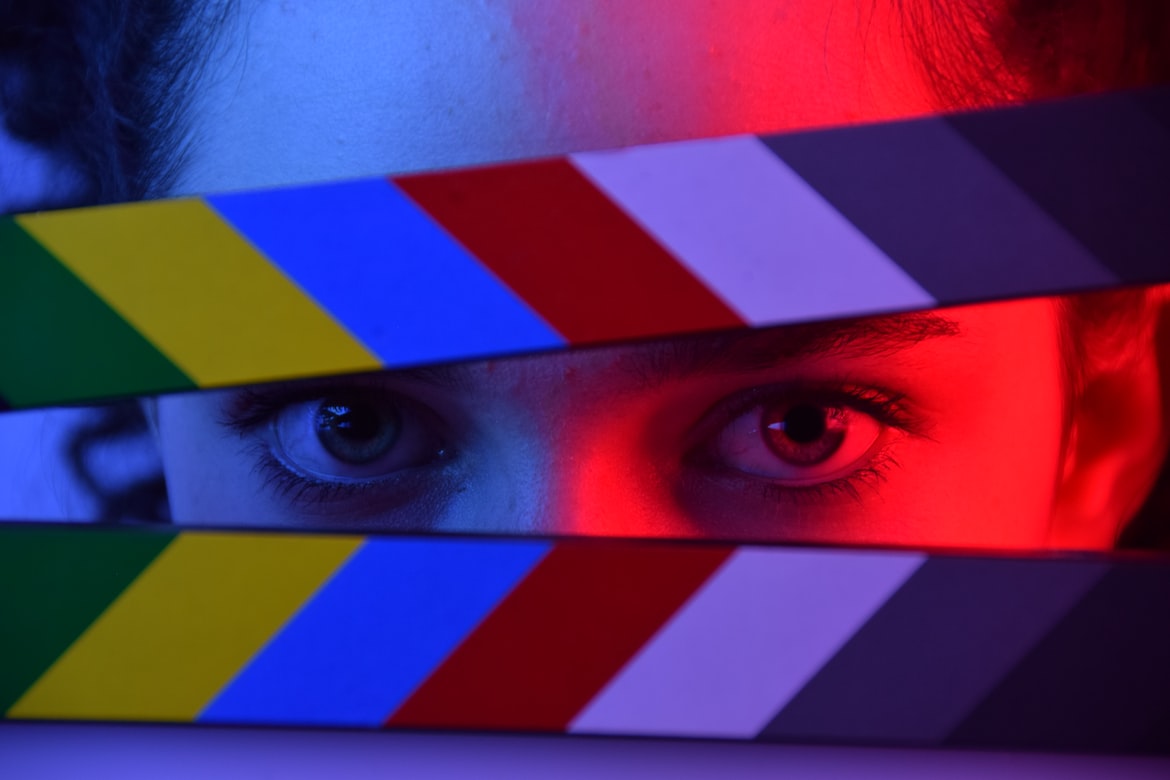Decolonizing Desirers is a zine created by Al Cusack and River Pictou.
The zine, a small, self-published book, was created as a project for Al’s Sociology of Health class at St. Thomas University. Although the class is what prompted the creation of the zine, the idea had been in the backs of their minds for a while: Al aspires to one day be a sex educator and River is an Indigenous person who wants to help spread knowledge and awareness to issues present in our society.
This zine will hopefully be a building block for other health and sexuality materials the pair will create targeted towards indigenous youth, and indeed all youth who want to learn, and to decolonize themselves as well as the world in which they live. The original idea for the zine came from Al, a white settler in a relationship with an Indigenous person, who works hard to acknowledge the colonial concepts that they have been raised with.
According to Al: “In my Sociology of Health class, we were assigned to create a health promotion campaign that creatively addresses a health issue. Since I wanted to address sexual health from a social justice perspective, I decided to tackle queer sexual health among Indigenous people. We found in our class that queer and Indigenous people experience poorer health than the general population, and that people at the intersections of marginalized identities can face even bigger challenges in accessing healthcare services. So, I decided to address the issue using a zine, because that would allow us to create a more engaging, reflective, and informative resource than if we had tried to make a poster or write an academic article.”
While creating this zine, challenges arose. Some were related to scheduling conflicts and to the physical distance between the people creating the zine, and others arose from a lack of traditional Indigenous knowledge. Because this zine was being created as a way to discuss relationships, and specifically those of Indigenous youth, focus was placed on including Indigenous beliefs. However, due to colonization, it is difficult for Indigenous youth to know how to access Indigenous knowledge. The zine was therefore needed, but its creation was challenging due to the limited avenues available for finding this type of information. River had to rely on teachings from their childhood which they spent attending school on a reservation in rural Nova Scotia.
Why did you choose the colour and designs you did?
“The pink triangle is a lesser known symbol of the LGBTQ+ community. It was used on the uniforms of LGBTQ+ concentration camp prisoners during World War II. The symbol was reclaimed by LGBTQ+ activists to show that being marked as queer was something to take pride in, not to be ashamed of. It was widely used in the Act Up movement during the AIDS crisis of the 1980s, and so it made sense to use it for the zine as an homage to our heritage of resistance in the queer community,” says Al.
The feather is a symbol of importance to indigenous cultures.
In Al’s words; “The feathers on the triangle serve to represent the Indigenous community. Eagle feathers are widely regarded as sacred symbols in many Indigenous nations, representing the Seven Sacred Teachings of Mi’kmaq culture and a connection to the land and the Creator. It was important for us to use this symbol in the zine because Indigenous conceptualizations of health are so much more holistic than their settler counterparts, and so reminding our readers that they are connected to the land and their heritage mattered.”
Due to colonization, many Indigenous communities do not openly accept LGBTQ members as they once did. This is a by-product of colonial contact. This zine hopes to be one of the first steps toward raising awareness and creating acceptance for the LGBTQ community within Indigenous cultures.
River and Al hope to go back through the zine and edit it once more, refine some details and ensure that the information it contains is factual and coherent. They hope that this zine may become part of a series of zines on the topic of decolonizing many aspects of life, including relationships, home life, and health. We live in a society that is very focused on biomedical health and healing, but, with these zines, River and Al hope to take a holistic approach.
River Pictou is a second-year triple major in Chemistry, Biology and Sociology.



